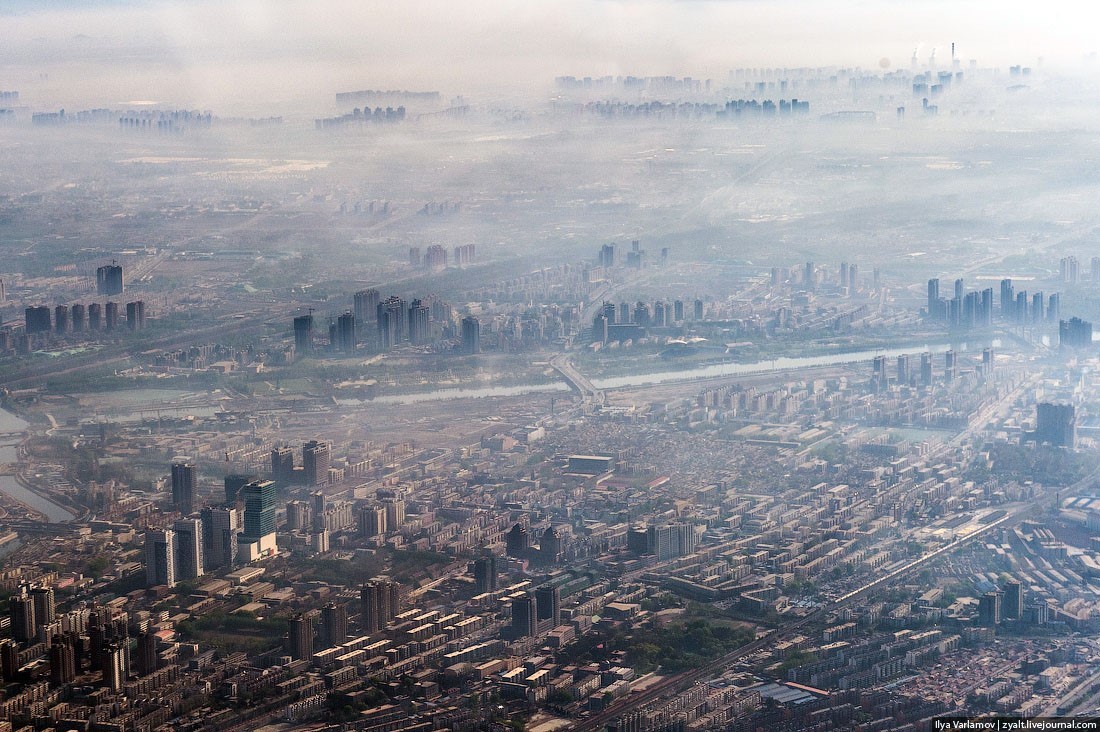IBM will help China monitor air pollution in major cities

IBM is currently working on a technology that can predict an increase in air pollution in China. In this country, especially in industrial cities, the problem of air pollution is one of the main. More and more Chinese citizens are interested in the issue of air pollution, and many city dwellers would like to know in advance about the "red alarm" when the level of air pollution exceeds any standards many times.
A technology that makes it possible to give more or less accurate predictions in this respect already exists, but it is not of sufficient quality. So far, scientists have not learned to predict peak levels of air pollution. IBM and some other companies are now helping scientists from China create a more advanced forecasting methodology.
“If you can predict the weather, then you can learn how to predict air pollution. Most sources of pollution do not change very quickly, ”says Robert Rode of Berkley Earth. This is a non-profit organization that deals with air pollution mapping in China in real time.
')
IBM’s achievements in cognitive computing systems can be used to create a reliable predictive air quality system. Scientists are working on a system that makes forecasts 10 days ahead. It takes into account data on weather, traffic and current levels of atmospheric emissions from industrial enterprises. If officials get a tool at their disposal that can forecast the maximum levels of pollution, the authorities will be able to give instructions in advance about the closure of schools and airports, prohibit the use of private cars and make other decisions.
“We have already built a prototype system that can predict with high accuracy the level of air pollution for a period of 72 hours,” says Xiaovei Shen, director of IBM Research China. "Our researchers are now expanding the capabilities of the system to make medium- and long-term forecasts (up to 10 days in advance), as well as tracking pollution sources, building event models and making decisions to reduce air pollution," he continues.
IBM has signed a cooperation agreement with the administration of Beijing (IBM has already written about this on its GT blog). In addition, an agreement was signed with the administration of Zhangjiakou City. This city is one of the participants of the Winter Olympics of 2022. As a host, it is extremely important for the city to provide comfortable conditions for the participants of the Olympiad: fans, spectators, residents of the city.
IBM customers also include companies that own “solar farms” in China, for which it is also extremely important to know the weather conditions for the coming days.
China plans to improve air quality by 10% by 2017. To achieve this goal, the Airborne Pollution Prevention and Control Action Plan is now being implemented in China. Previously, researchers from China showed that out of 360 Chinese cities (a random sample) in 353 there is an excess in various indicators of the level of air pollution. On average, the excess is 2.5 times compared with the indicators recommended by the World Health Organization.
Source: https://habr.com/ru/post/367661/
All Articles